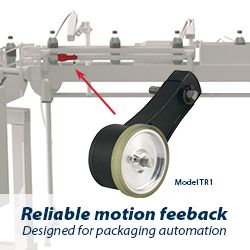CTC Stade to Partner with Plataine to Create the 'Factory of the Future'
Automotive Industry 4.0 - Disrupting the Industry?
Top 50 Industrial IoT (IIoT) 5G Industrialists and Innovators
Industrial IoT Market Nears $132 Billion in 2020: Technavio
Nobilia uses IoT to create smart factory
Study Finds 34% of Manufacturers Do Not Track Asset Data
Industry 4.0: What businesses need to know
Japan Embracing Industry 4.0 And IoT To Leap Into Next Industrial Automation
Standalone Li-Ion UPS from Bedrock Automation Sets New Performance and Cyber Security Standard for Industrial Control System Backup
Telit IoT Factory Solutions Enable Quick Path to Industrie 4.0 Era
Blending Robotics and Employees: A Manufacturing Success Story
Rethink Robotics Announces Major Distribution Partnerships in Germany
Smart Factories Need Smart Machines
ManufacturingTomorrow.com launches its Online Trade Magazine
Boy, do Fanuc and Cisco have a deal for your factory
Records 181 to 195 of 201
First | Previous | Next | Last
Featured Product

Model TR1 Tru-Trac
Manufacturing and Automation - Featured Company

